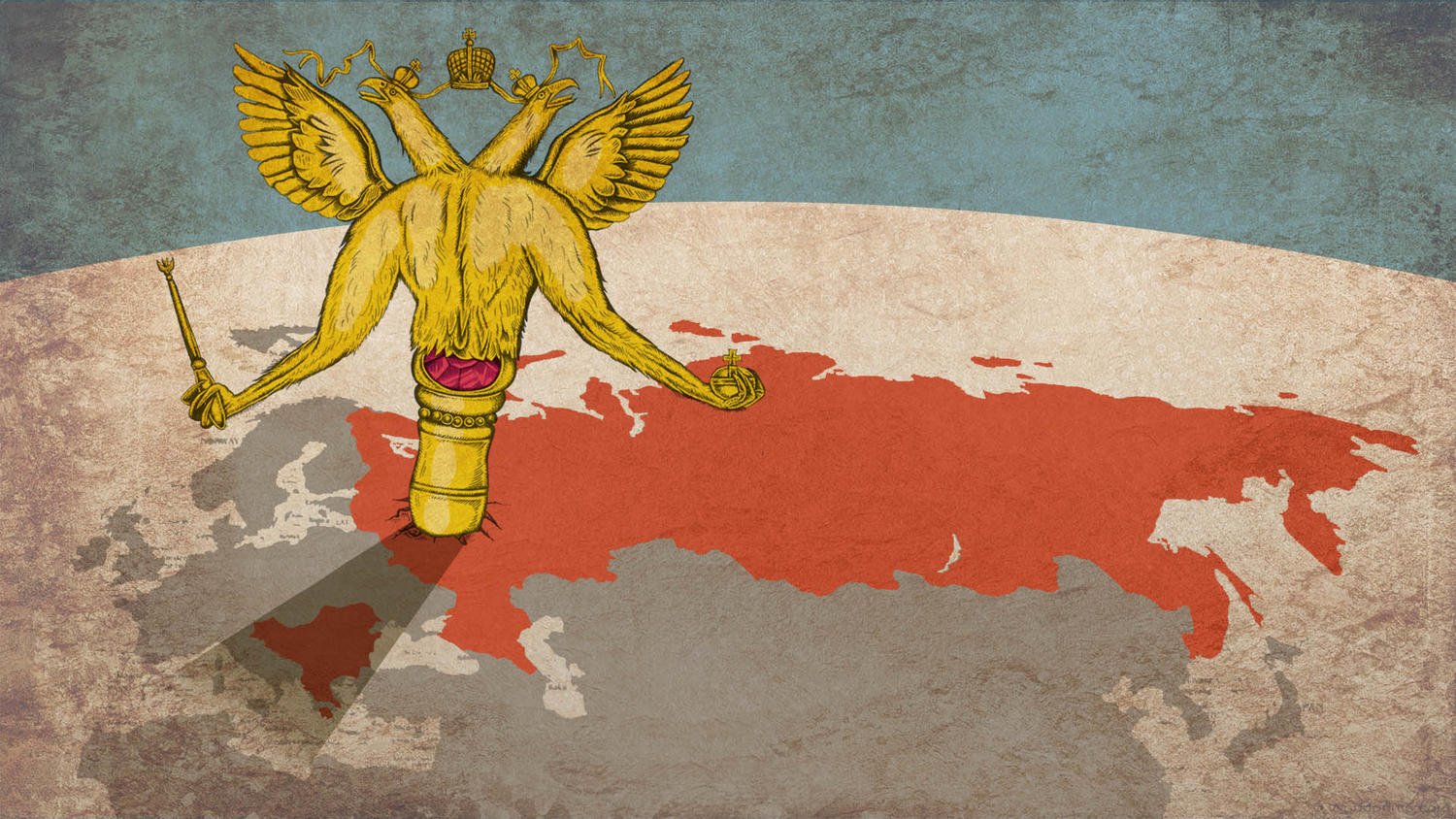Γιατί η Ρωσία επιδιώκει μια επιθετική επιστροφή στα Βαλκάνια

The Kremlin is trying to resist Western influence in the Balkans on the cheap, says a new book, using low-cost tactics like disinformation
Last October, Russia gave six Soviet-era fighter jets to Serbia free of charge. The Russian defence minister flew out to Belgrade for the handover, making sure the Kremlin’s donation got maximum publicity in a region it sees as its one of its historic spheres of influence. Western security hawks took note, highlighting it as another sign of Vladimir Putin’s expansionist ambitions. The message seemed clear: Russia was back in the Balkans in a big way.
Lost in the noise, though, was the important detail that Serbia would have to stump up the estimated $235 million cost of assembling and modernizing the ageing MiG-29 jets. They were delivered in pieces, by Russian transport aircraft. What’s more, it turned out that Belgrade — which has ambitions to join the European Union — would have preferred U.S. or European aircraft, if it had been able to afford them.
For the price of transporting a few ageing warplanes, the Kremlin got a bargain in geopolitical terms. It shored up its standing in the Balkans and, thanks to the West’s reaction, allowed Russia to leverage this giveaway into something far more valuable — the impression that it is now projecting power on multiple fronts, from Europe to the Middle East and beyond.
In a new book on Russia’s involvement in the Balkans — Rival Power: Russia’s Influence in Southeast Europe — the author Dimitar Bechev makes a convincing case that creating such impressions is the core of its strategy, because it doesn’t have the economic or military might to do more. In other words, the Kremlin is making the most of a hand that is far weaker than it appears.
TheKremlinismakingthemostofahandthatisfarweakerthanitappears.
Re-asserting Russian power in the Balkans and preventing the West gaining greater influence in the region is something that President Vladimir Putin cares about deeply. He has used the word “humiliation” to describe how Russia was sidelined by the various U.S.-led military interventions in the former Yugoslavia in the 1990s.
But with resources stretched, Russia has had to resort to tactics like disinformation, smart public relations and hybrid warfare to achieve its goals. “Winning hearts and minds is easier and immensely more cost-effective than bribing governments and maintaining alliances, let alone resorting to hard power,” writes Bechev, a U.S.-based Balkans scholar.
It’s a low-risk strategy, he argues, but which nonetheless presents a genuine challenge to the West. “Russia can’t roll back western influence, but it can make allies, spread influence and profit from opportunities as they arise.”
The author tracks the history of Russia’s involvement in the Balkans, but he says it faces an uphill struggle reclaiming its past influence. Historical links dating back to the Russian empire, as well as their shared Slavic and Orthodox Christian heritage, matter less today than many assume, he argues. Instead, this past is often used to sell crudely opportunistic political deals where there is as much conflict as cooperation.
Even Serbia — long seen as being more sympathetic to Moscow — wants closer security ties with the West. It conducts far more exercises with NATO forces now than with Russia, according to a report by the Atlantic Council.
Forthepriceoftransportingafewageingwarplanes,theKremlingotabargainingeopoliticalterms.
Bechev details other tactics Russia has used in the region to boost its influence, including covert attempts to subvert local politics, cyber attacks against critical infrastructure, and efforts to apply economic pressure through energy supplies. They have evolved from methods the Kremlin first used against Georgia and Ukraine, after their revolutions in the early 2000s, as it ramped up its response to what it viewed as the West’s encroachment into its traditional areas of influence.
One impact of Russia’s Balkans push is that it has significantly shaped public discourse. Putin has achieved cult status among many people in the Balkans. Local proxies have also helped build a positive image of Russia, while simultaneously discrediting the U.S. and the E.U. And the Kremlin is hoping that its aircraft giveaway will prompt Serbia to buy a range of new Russian military hardware.
But these are small gains. And Bechev believes that Russia will struggle to hold onto them. It lacks a grand design, or an attractive global brand, and so it is stuck with trying to upset Western influence. Therefore, look out for more disinformation from Russian in the Balkans in the new year ahead.
Matthew Brunwasser is a journalist based in Belgrade. @MBrunwasser
https://codastory.com/disinformation-crisis/information-war/why-russia-is-hunting-for-a-balkans-bargain


 Ακολουθήστε το
Ακολουθήστε το